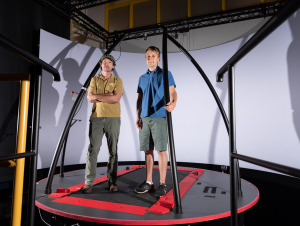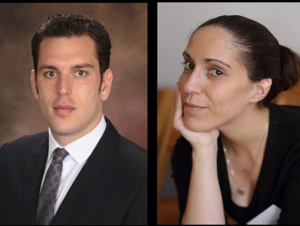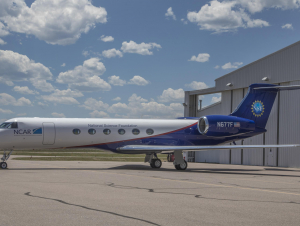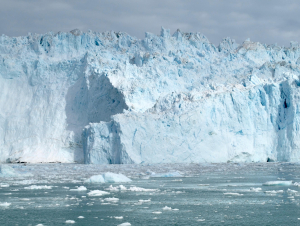To request a media interview, please reach out to experts using the faculty directories for each of our six schools, or contact Jess Hunt-Ralston, College of Sciences communications director. A list of faculty experts is also available to journalists upon request.
News Center
Experts In The News
As part of The Conversation’s Curious Kids series, Dobromir Rahnev, associate professor in the School of Psychology, answered a question regarding the the possibility of uploading the consciousness of the mind into a computer: "As a brain scientist who studies perception, I fully expect mind uploading to one day be a reality. But as of today, we’re nowhere close". Read Rahnev's full response.
The Conversation May 23, 2025Christopher E. Carr, assistant professor in the School of Earth and Atmospheric Sciences and the School of Aerospace Engineering, reacted to the identification of niallia tiangongensis, a new variant of a terrestrial bacteria that was discovered in the Tiangong space station.
"This finding shows that there is a lot of microbial diversity yet to be discovered, and that space stations are excellent laboratories for studying how our human-built environments select for survival or persistence of different organisms. If we understand that better, we can reduce the risks on Earth in the built environment, such as reducing infections acquired in hospitals, schools or nursing homes. Even though this microbe is not likely to be a threat, we should continue studying microbes in space to ensure we understand and address any risks, because when we are far from home, our options will be much more limited. This will help us be successful in exploring the Moon and Mars."
Newsweek May 20, 2025







